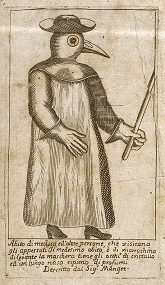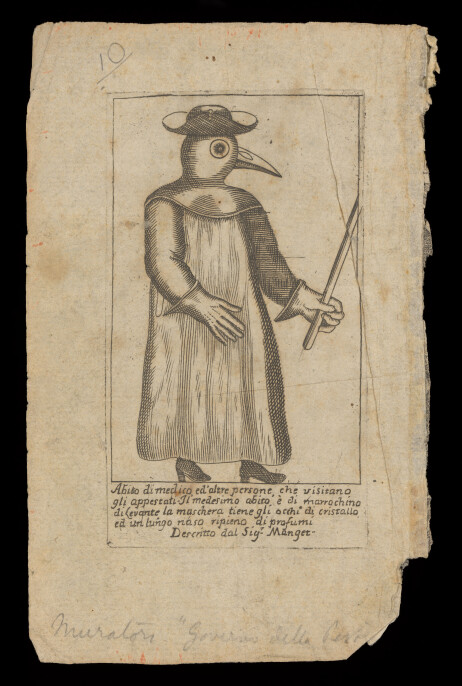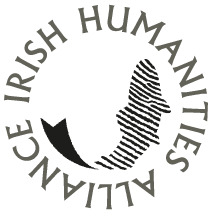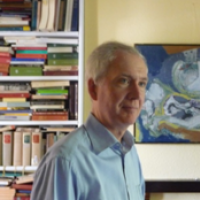At a certain point while serving as Florentine ambassador to Venice, with the bubonic plague of 1630 raging all around him, Ippolito Buondelmonti asks his superiors (not very directly, of course) whether he might be allowed to pack up and leave before danger turned to tragedy--not only for the Venetians but for him. Whether he was fully aware of the situation back home at this point is anybody’s guess. Plague had already arrived there and elsewhere, so escape would not be easy even if allowed. In the event, Buondelmonti remained at his post, busily writing letters under lockdown, until the danger passed and both cities were healthy again.
Here in Florence where the IRC-funded EURONEWS project (www.euronewsproject.org) digs avidly into the paper trail left by the lost worlds of early modern news, we were fortunate to have digitized thousands of documents before the libraries and archives closed in March until further notice due to COVID-19. So although carried out in peoples’ homes for the moment and coordinated by our online platform and team communications network, the research continues to unearth hundreds of examples and cases to serve as the basis for a new history of the birth of news, integrating the center with the periphery of Europe and redefining which is which.
Buondelmonti no doubt imagined a sojourn in La Serenissima during which the business of diplomacy in the ongoing Thirty Years War, including key Medici dynastic interests in the duchy of Mantua, would be carried on amid the famously lavish party scene, located wherever arts and culture met the joy of life within the ornate gothic constructions along the canals and around the open spaces of the maritime setting. Instead, here he was grasping for words to describe the indescribable and trying to remind those back home that he was not dead yet.
What is less known about Buondelmonti is that, apart from his sometimes daily dispatches addressed to Ferdinando II de’ Medici and the grand ducal secretary Balì Cioli, he also authored the anonymous weekly manuscript sheets known as the Venice Newsletter (Avvisi di Veneza) and containing whatever he and his informants regarded as worth transmitting about current events, addressed not only to the grand ducal court but also to a wider public of officials, ministers and assorted subscribers throughout Italy and beyond. In his zeal to pack his sheets with the best information about the widest range of topics, he even managed to raise a few hackles, as when the secretary complained that too many people were seeing the sheets, to which he replied that information involved a quid pro quo: and the more you gave the more you got.
The original sheets that arrived at their many destinations have not yet been traced, but Buondelmonti himself assured his own legacy. Copied up in a fine hand and bound in six neat fascicles at the end of his tour of duty in 1633 as a reminder about his achievements, the newsletters, all 170 of them, now exist in the Florence State Archive, where we consulted them in the months prior to lockdown and now work on their digital surrogates. Together they constitute a testimony to the author’s triumph over adversity as well as an unsurpassed record of one of the most colossal disasters of early modern times.


Published: 22 Apr 2020 Categories: Covid-19 and the Humanities, History

